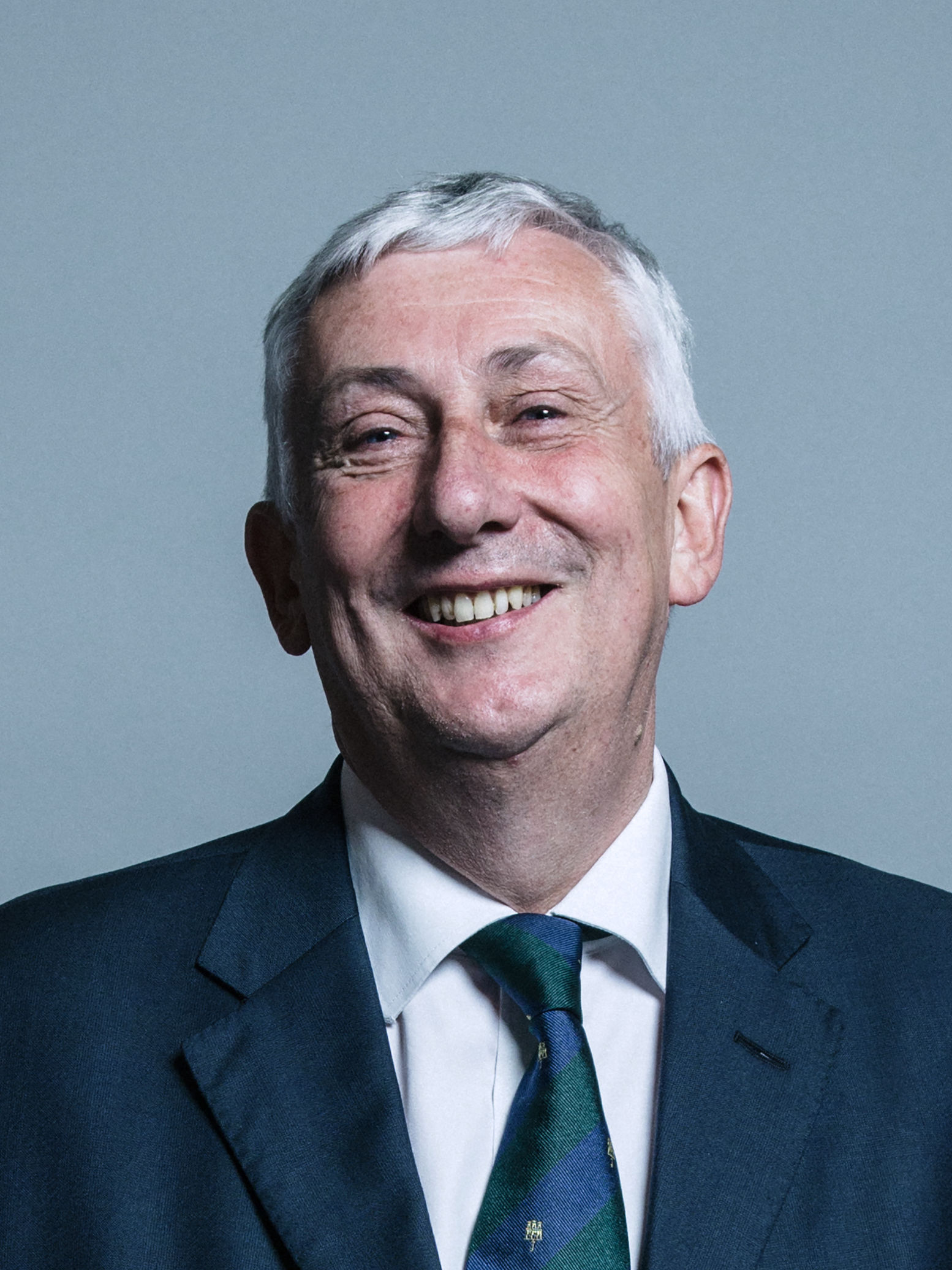Barry Sheerman – 2016 Parliamentary Question to the Department of Health
The below Parliamentary question was asked by Barry Sheerman on 2016-01-21.
To ask the Secretary of State for Health, what steps his Department is taking to address the mental health needs of people with autism.
Alistair Burt
In 2015, new statutory guidance building on the 2010 Autism Strategy, and the 2014 Think Autism update, set out expectations for local authorities and the National Health Service in relation to autism training. It is the responsibility for the General Pharmaceutical Council and the Nursing and Midwifery Council, to ensure newly qualified pharmacists and health visitors are equipped with the knowledge, skills and attitudes to provide high quality patient care. The Department has worked the Royal College of Nursing, and Skills for Health and Skills for Care, to develop autism training material. Health Education England is also working with the Royal Colleges and other stakeholders to increase awareness and knowledge of autism for NHS health professionals.
The Department has also provided financial support to the Royal College of General Practitioners’ clinical priorities programme on autism which is undertaking practical work on autism awareness and training for general practitioners (GPs). GPs should be aware of what the local arrangements are for making referrals for autism diagnosis and how to access appropriate post-diagnostic interventions.
NHS England has commenced a programme to visit clinical commissioning groups (CCGs) to identify and share good practice in accessing timely autism diagnosis and post diagnostic support. NHS England with support from the Association of Directors of Adult Social Services is to visit a selection of areas to talk to CCGs and local authorities about their Autism Diagnostic Care Pathways. A report on the work will be completed by the end of April 2016.
We know that people with autism can experience common mental health conditions such as depression and anxiety, as well as other mental illnesses. Over £400 million has been invested in Improving Access to Psychological Therapies to ensure access to talking therapies for those who need them, including those with autism.


